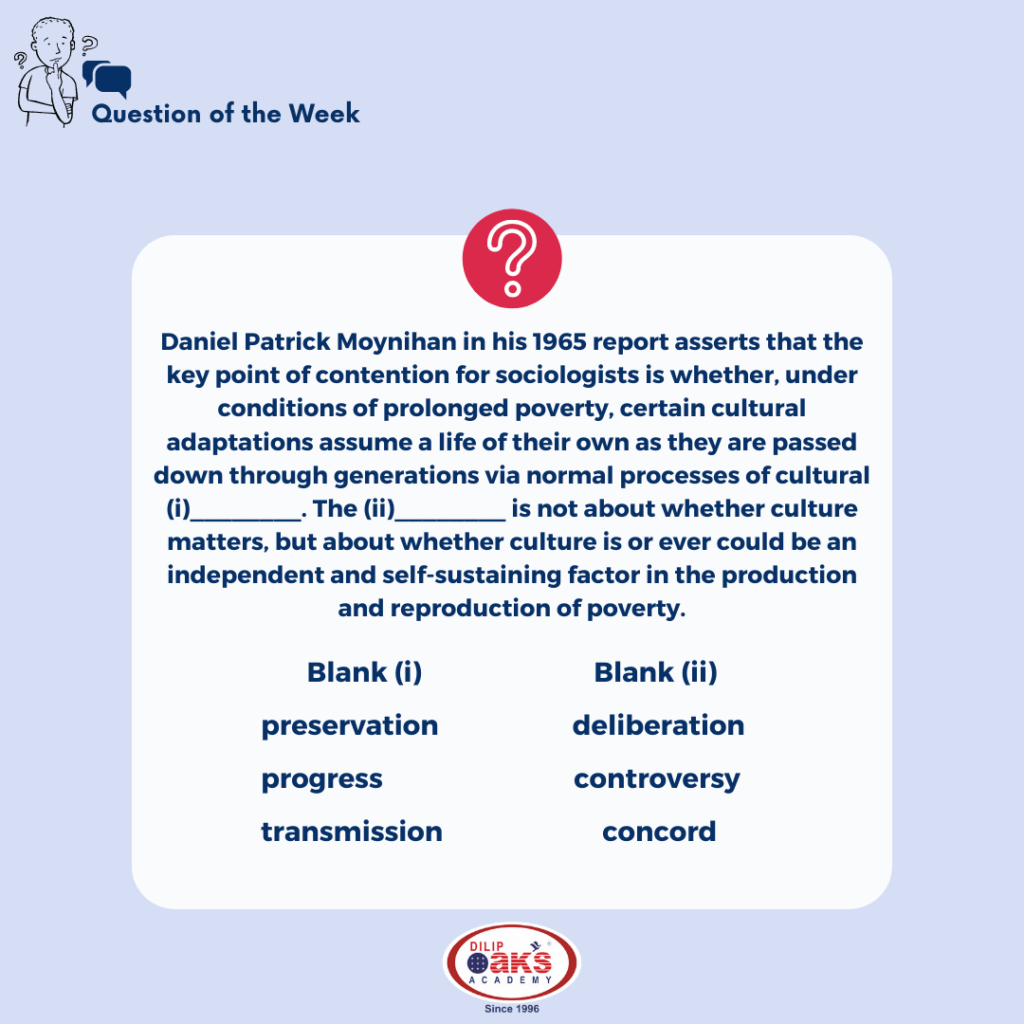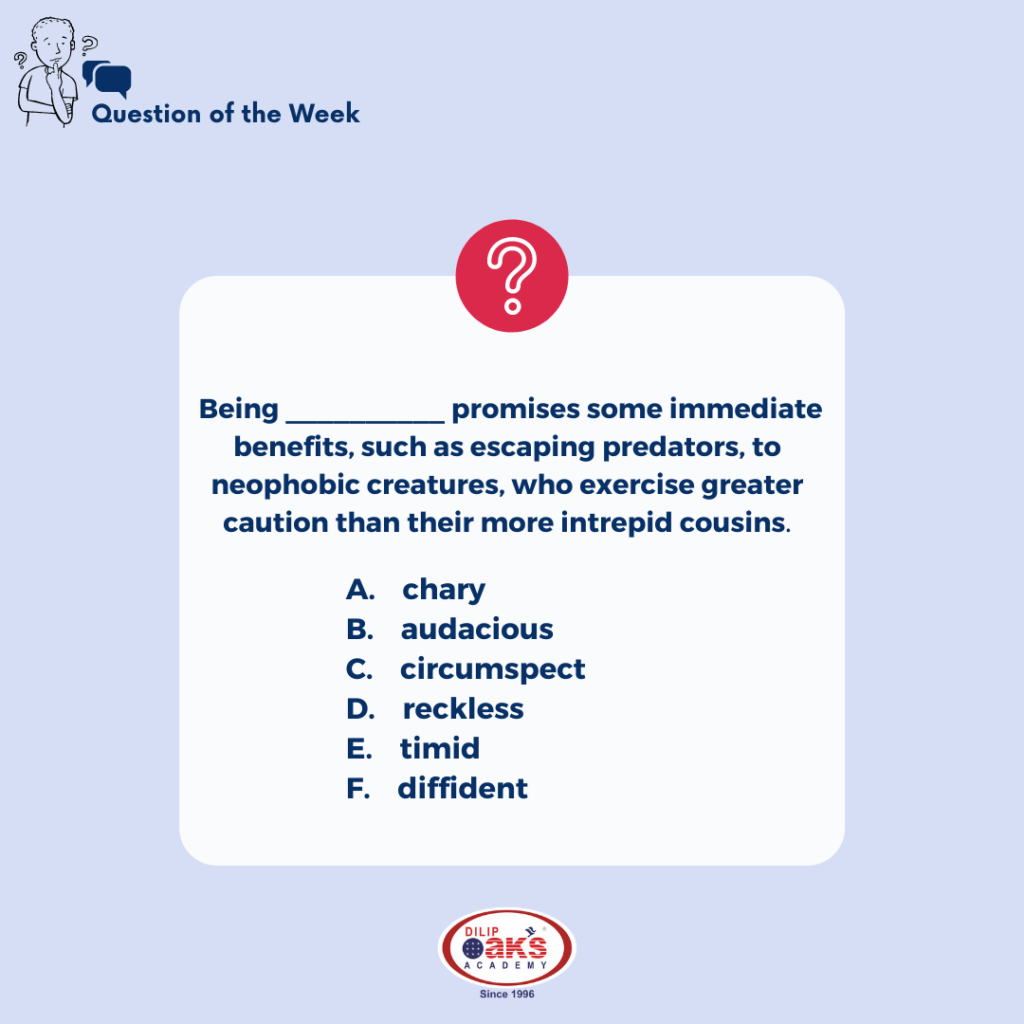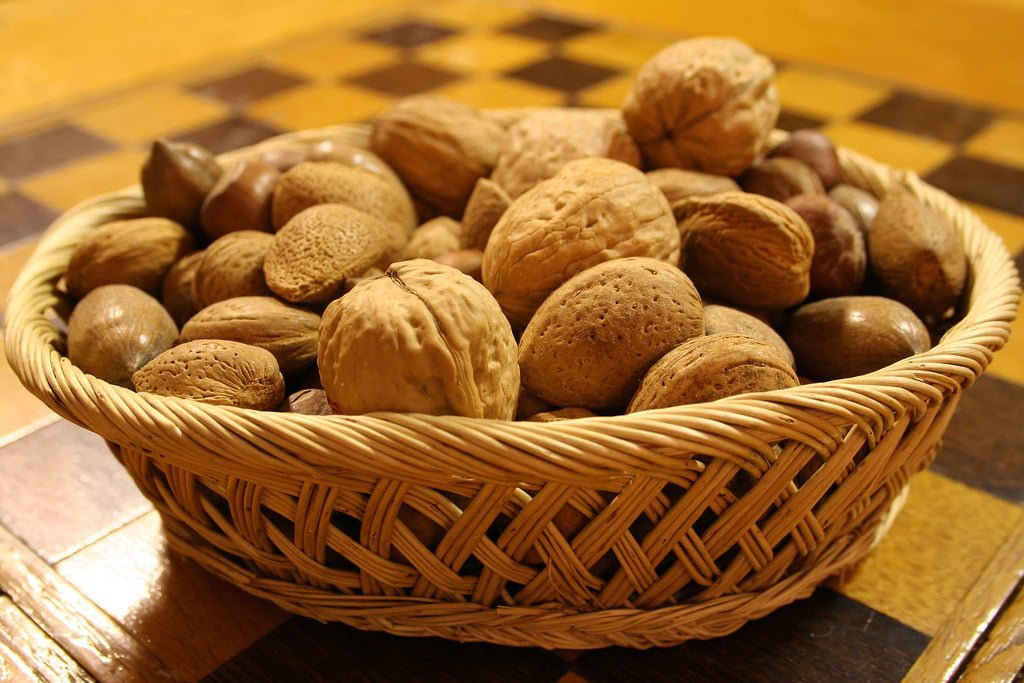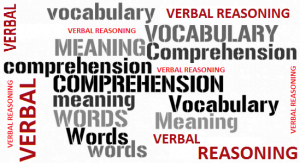Dear Reader,
One of the easiest ways to learn new words is through association. Instead of trying to learn by remembering the equivalent of a word in your mother tongue or its usage in English, you can learn by thinking of words in groups. These groupings can be grammatical: all action verbs or nouns related to knowledge (ending with -logy), for instance; or logical: as found in our VocabApp.
Today, all our links and questions are about pictures and photographs, which can be helpful in recollecting a bunch of words. Here are some of those words, see how many you can guess correctly.
Question 1
For a ______ like myself, there was no wrong age to take up photography: I just had to get a smartphone!
A] tyro
B] sage
C] transgressor
Question 2
The light cast by the setting sun is the most _____________ and hence, it is known as the Golden Hour in Hollywood.
A] voluble
B] voluminous
C] luminous
Question 3
Whenever I look at these pictures of people from my past, I am filled with _________.
A] nostalgia
B] animosity
C] catharsis
Question 4
4] The only surviving picture of my great-grandmother is a small painted __________.
A] frieze
B] vignette
C] coda
Question 5
Editors often __________ black-and-white photos with colour images to choose the best ones.
A] riddle
B] amalgamate
C] juxtapose
Tell us your guesses in the comments section and look for the answers in our next edition!
Here are some articles you might interesting:
Hi-Res in Space!
Everyday Exemplars…
Recycling Could Help You Make Millions
Answers for last week’s questions:
1] “We found the glass splashed on little pieces of bone that were by the hearth, so we know that the molten glass had landed in this village while people were living there,” said coauthor Allen West, a member of the Comet Research Group, a nonprofit organization aimed at studying this particular cosmic impact and its consequences.
2] B] No magnetic marks, characteristic of lightning strikes, were found.
3] A] Climatic changes
4] B] exceptional D] atypical
5] A] imitate D] prevalent





